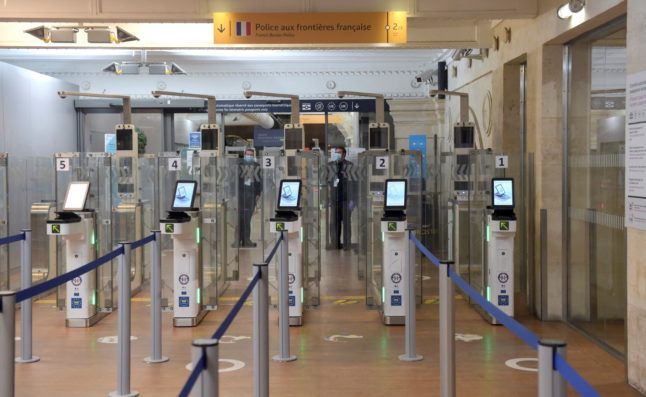Headlines around France’s new immigration bill tend to focus on political hot-button issues like expelling radicalised foreigners – but there are also things in the proposed law that would significantly affect the plans of anyone hoping to move to France.
How would France’s new immigration bill affect moving to France?
Winter has, very definitely, arrived in France. And that means turning up the heating. But, with energy prices still high, many people are considering alternatives such as wood and pellet burning stoves and fireplaces.
Heating homes: What are the rules on fires and log burners in France?
Speaking of winter, that makes it fondue time. But, as The Local’s grand fromage, Ben McPartland, reminds us, purchasing the correct cheese can lead to arguments with your friendly neighbourhood cheese monger. So, here’s our guide to perfect French cheese etiquette.
Best Briehaviour: Your guide to French cheese etiquette
The French government has launched a scheme meant to encourage people to have their clothes and shoes repaired rather than throwing them away in an effort to reduce the 700,000 tonnes of clothes thrown away every year. Here’s how you can benefit from it.
How France’s clothes and shoes repair bonus works
Readers of The Local will know we’re big fans of rail travel. Travelling by train is one of the best ways to see France, as well as being better for the planet than flying or driving. However, train tickets don’t always come cheap – here are the railcards and offers that can cut the cost.
Railcards: How to save money travelling by train in France
Now, you may have heard something about a certain biopic hitting cinemas about a certain French historical figure. It has been met with a mixed reaction here – in part because of, shall we say, the few historical liberties it has taken. So, in the interests of balance, here are some things you might now know about probably the most famous Frenchman ever.



 Please whitelist us to continue reading.
Please whitelist us to continue reading.
Member comments